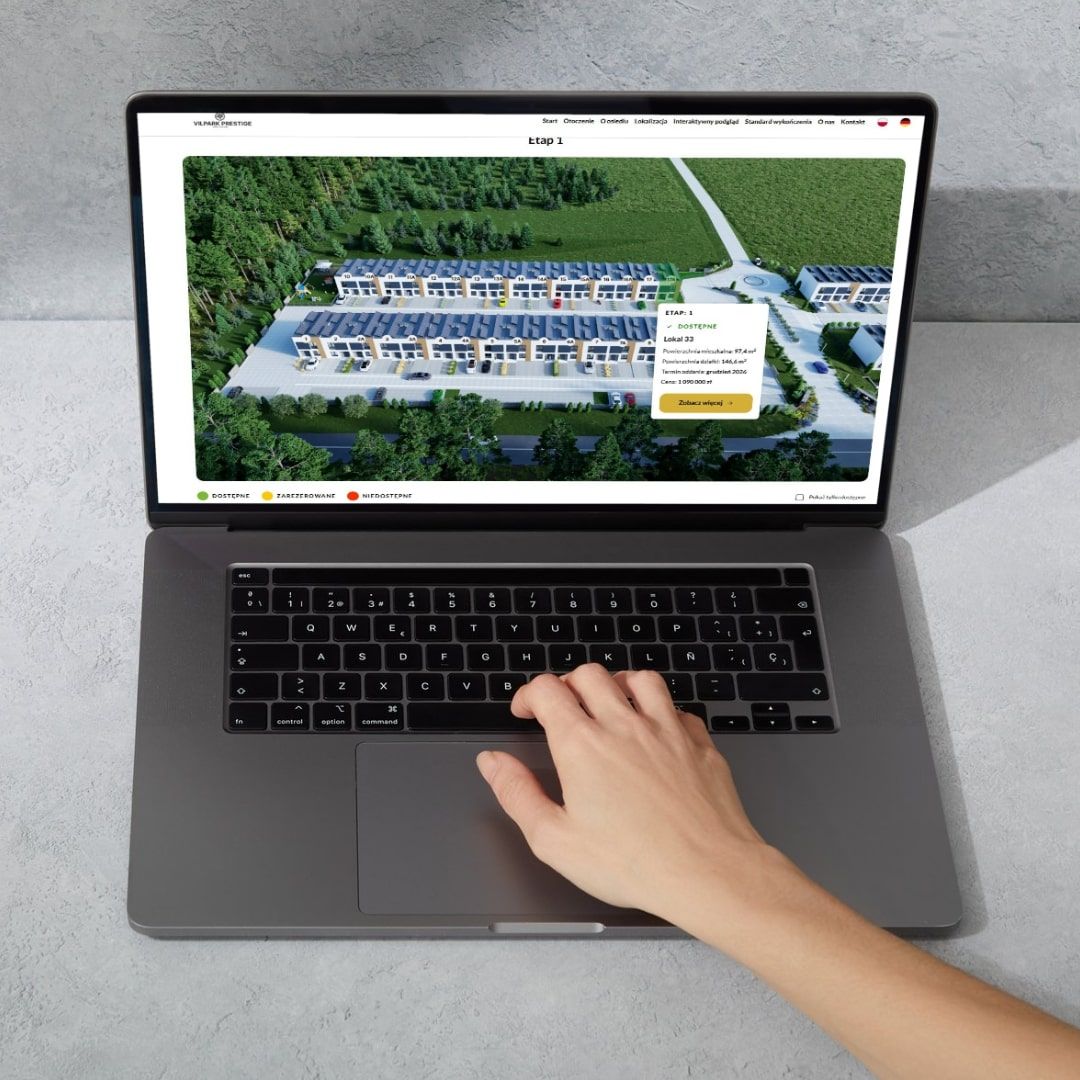
SEO Agency for Real Estate Developer & Real Estate Industry
...
SEO for real estate agents – discover how to rank on Google, attract local buyers and sellers, and generate leads without paying for ads.
SEO for real estate agents isn’t optional anymore.
If you're not showing up on Google when people type in “homes for sale in Austin” or “real estate agent near me,” you're leaving money on the table - period.
This guide is straight-up. No fluff.
Just what you need to know to build long-term visibility, leads, and authority in your local market.

People don’t drive around looking for “For Sale” signs anymore. They Google everything:
If you're not ranking for terms like that, you're invisible.
The agents who show up on page one? They get the clicks, the calls, the deals.

Before you “do” SEO, figure out where you stand.
Site speed – Use PageSpeed Insights. If your site loads slow, bounce rate goes up.
Mobile optimization – 70%+ of real estate searches happen on phones.
Secure and crawlable – HTTPS, clean URL structure, no duplicate pages.
Keyword research – Use Google’s Keyword Planner or Ubersuggest. Look for long-tail, local intent. Think “homes for sale in South Tampa” not just “Tampa real estate.”
Also, check out what your local competitors rank for. Use tools like Semrush or SpyFu. See what’s working. Do it better.
You need to optimize every page for search and conversions.
Meta titles and H1s – Front-load keywords. Don’t be vague.
Localize content – Name the neighborhoods. Use ZIP codes. Reference local landmarks.
Internal linking – Link blog posts to listings, and listings to related guides.
Content formatting – Use bullet points, subheads, FAQs, and real images. Keep it readable.
Real content – Stop copying MLS descriptions. Write helpful, real human explanations.
Google watches how long people stay on your site. Make it count.
If you're not in the Local 3-Pack on Google Maps, you're invisible.
Set up and verify Google Business Profile – Add categories, service areas, hours, and keyword-rich descriptions.
NAP consistency – Your Name, Address, Phone should be the same everywhere: website, directories, social.
Reviews – Ask happy clients to leave honest reviews. Reply to all of them. Positive or negative.
Local directories – List your business on Zillow, Realtor.com, Yelp, Chamber of Commerce, etc.
This boosts trust and helps you show up when someone searches “real estate agent near [city].”
Backlinks are one of the top ranking factors. But not all links are equal.
Get featured on local blogs or news outlets.
Partner with mortgage brokers or home inspectors—ask for links.
Submit guest posts to local business sites or real estate publications.
Link internally across your own content.
Avoid cheap link farms or Fiverr spam. One link from a local news site is worth 100 junk links.
Think like a publisher. Create content based on what people search for.
Neighborhood guides: “Living in South Beach – Pros and Cons”
Buyer/seller tips: “What to Know Before Buying a Fixer-Upper”
Market updates: “What $500K Gets You in Atlanta in 2025”
Video tours and walkthroughs with full SEO-optimized descriptions
Transcribe videos for keyword-rich pages
Content builds authority and long-tail traffic that drives real leads over time.
If you're not measuring, you’re guessing.
Google Search Console – See what keywords you're ranking for.
Google Analytics – Track what pages are converting.
Monthly audits – Check for broken links, outdated listings, duplicate pages.
Conversion rate optimization – Test headlines, CTAs, forms, pop-ups.
Double down on what’s working. Kill what’s not. Repeat monthly.
Hyperlocal content – mention streets, school zones, developments.
Long-tail phrases – “townhome with garage North Austin”
E-E-A-T – show real credentials, licenses, testimonials, author bios.
Schema markup – get rich snippets for listings and reviews.
Video + written content – transcribed, SEO-optimized.
If you're a real estate agent and you're not showing up on Google, you're losing business.
SEO is how you build leverage—visibility that keeps paying off. It's not about being “techy.” It's about being found when people search.
Start with your website. Fix your structure. Build local content. Show Google you’re real, relevant, and active in your market.
That’s how you get found. That’s how you win.
SEO is a long-term game. You might start seeing early movement in 3–4 months, but it usually takes 6–12 months to see significant ranking and traffic gains—especially in competitive local markets.
Go for long-tail and local phrases like “homes for sale in [neighborhood],” “2-bedroom condos in [city],” or “top realtor near [ZIP code].” Avoid generic terms like “real estate” or “homes” that are too broad and competitive.
Absolutely. Blogging helps you rank for long-tail searches and establishes authority. Focus on topics your clients actually care about—like buying guides, local market trends, and neighborhood spotlights.
Your Google Business Profile helps you show up in local map results (Local 3-Pack). A fully optimized profile with accurate info, photos, reviews, and local keywords boosts your visibility for local searches.
You can start on your own—basic fixes, local listings, writing content. But for technical audits, link building, and competitive markets, working with an expert can save time and produce better results.
Very. High-quality backlinks from local sites, blogs, or real estate publications signal trust to Google. A few good backlinks are worth more than dozens of low-quality ones.
Yes. Google penalizes duplicate content. Don’t copy-paste MLS descriptions. Write unique listing summaries and add extra value like neighborhood info, property features, or client insights.
Hyperlocal and helpful content wins. Think “Best neighborhoods in [city] for families,” “What $500K buys in [market],” or “Steps to sell your home fast in [city].” Add videos and infographics if possible.
Consistently. Update listings, blog weekly or bi-weekly, and refresh outdated pages. Google favors fresh content—especially in fast-changing markets.
No, it complements it. Use SEO for long-term organic growth and authority. Use paid ads for short-term visibility or specific campaigns. Smart agents do both.
Book a free consultation.
Sign up now for our free RendProletter and receive 1 email every week with a short summary of the best posts from our blog and emails with unique offers you won't find anywhere else!